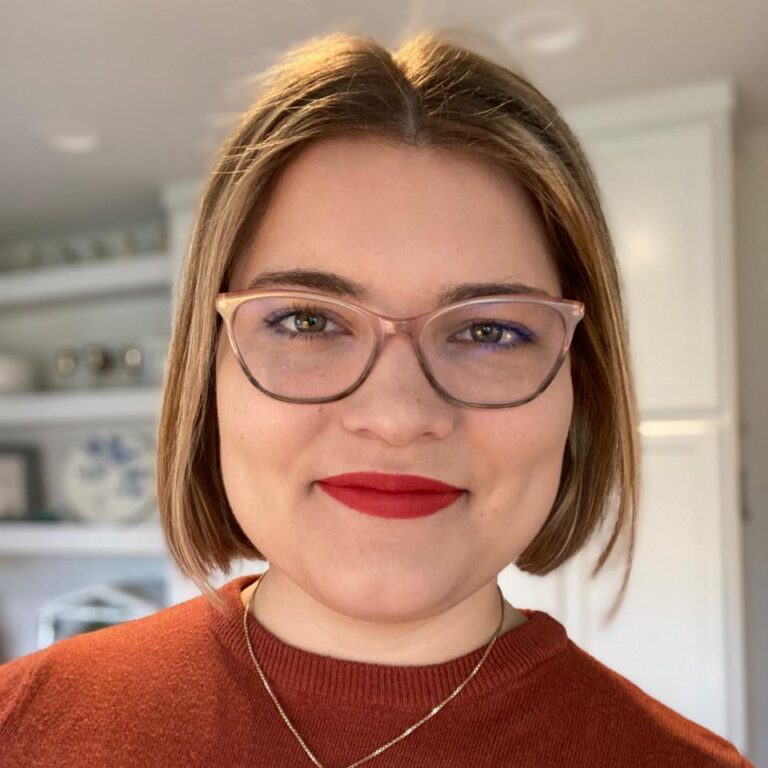Last summer I made quite a few trips between Kitchener and Grand Haven, a five-hour drive. About two hours in I would start to feel an ache in my left hip and leg, and so would spend the next three hours shifting around in my seat, trying to get comfortable.
The ache didn’t go away, so in the fall I booked an appointment with a chiropractor. She did all sorts of tests and took some x-rays and made me stand against a wall to see my posture. Turns out my spine was out of whack all over the place. I started getting regular adjustments to move things back into place.
Getting an adjustment is a pretty simple thing. You lie on a table, they push some vertebrae back into alignment, and away you go.
The problem, of course, is that adjustments alone aren’t enough to put things right. Along with a calendar full of appointments, I was also given a sheet full of exercises to do daily, recommendations for how to lower stress (but alas, no prescription for a weekly massage), and a curved piece of foam that I’m supposed to place beneath my neck while lying on the floor for twenty minutes every day to restore the curvature of the spine.
It will not surprise you that I don’t do these things.
I started doing them. Like all resolutions and goals, I started out strong. But then twenty minutes started to feel like a really long time to just lie flat and think a while, and the exercises felt tedious, and yoga involved moving furniture around, and it was just a lot easier to flop on my couch and stare at my phone (which, of course, is what’s caused my posture issues in the first place).
I’m all for the quick fix that just involves lying on a table.
But real change…change that will make quick fixes unnecessary…takes work.
Last week I listened to a conversation between John Mark Comer and Andy Crouch on the Rule of Life podcast. They talked about a lot of things – shifts in culture, sabbath, technology…much of the conversation relating to Crouch’s new book, The Life We’re Looking For: Reclaiming Relationship in a Technological World. A few days later that book magically showed up on my doorstep, and I was convinced Amazon was taking its espionage to a whole new level. It turned out to simply be an assigned text for a peer learning group I’m in.
In both the book and the podcast, Crouch talks about the difference between devices and instruments. Instruments, he says, whether musical or technological or industrial, allow us to do something new in the world, extending “our capacities by further developing our hearts, souls, minds, and strength – further involving us in the glorious and difficult work of being persons in the world” (pg. 142).
Devices, on the other hand, allow us to make a difference in the world without having to become different ourselves. A piano allows us to make music only if we grow our own capacity to play. Apple Music allows us to make music by simply pressing a button.
This is a helpful framework by which to contemplate technology – it’s not all bad or all good, but some technology involves us in the work of being persons, and some diminishes our capacity for growth. And often we opt for the easy option instead of the formative practice.
What was particularly interesting in the podcast was Crouch’s extrapolation of the instrument/device paradigm to our spiritual lives. So often, he said, we treat the spiritual practices like devices, something that will make us feel close to God right off the bat, with no time, energy, or skill required. And when those things fail to do what we immediately want of them, we give up.
But the spiritual practices are instruments, says Crouch, “that can only be played by a heart-soul-mind-strength complex designed for love” (Crouch uses this summary of the Shema to articulate what it is to be fully human) “who is willing to apprentice to and develop a skill and for whom the first times through playing it will be very halting, very embarrassing, not something you’d want a lot of people to see happen.”*
In the season of Lent, we think about what it means to be fully human. What does it mean to be a person who loves the Lord our God with all our heart, soul, mind, and strength? We also acknowledge in this season that we fail in this endeavour often. In my own journey I can think of many spiritual practices that I’ve started and then given up because they felt too awkward and too time-consuming and I was really bad at them and they didn’t make me feel immediately closer to God. I was looking for a quick and easy device, not an instrument that requires investment. But it’s the investment that ultimately becomes formative, that leads to a change in posture.
So I’m grateful for the encouragement and invitation Crouch offers by reminding us that being a human growing in relationship with God takes practice, can look awkward and foolish, and doesn’t always feel very rewarding. It’s a long obedience in the same direction. But the obedience itself is a gift.
*From the Rule of Life Podcast conversation

